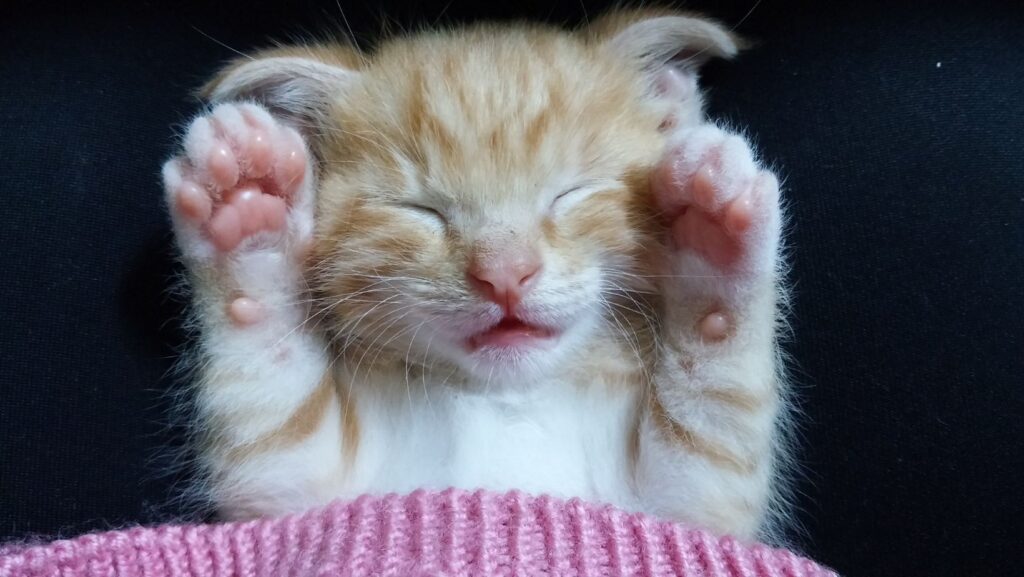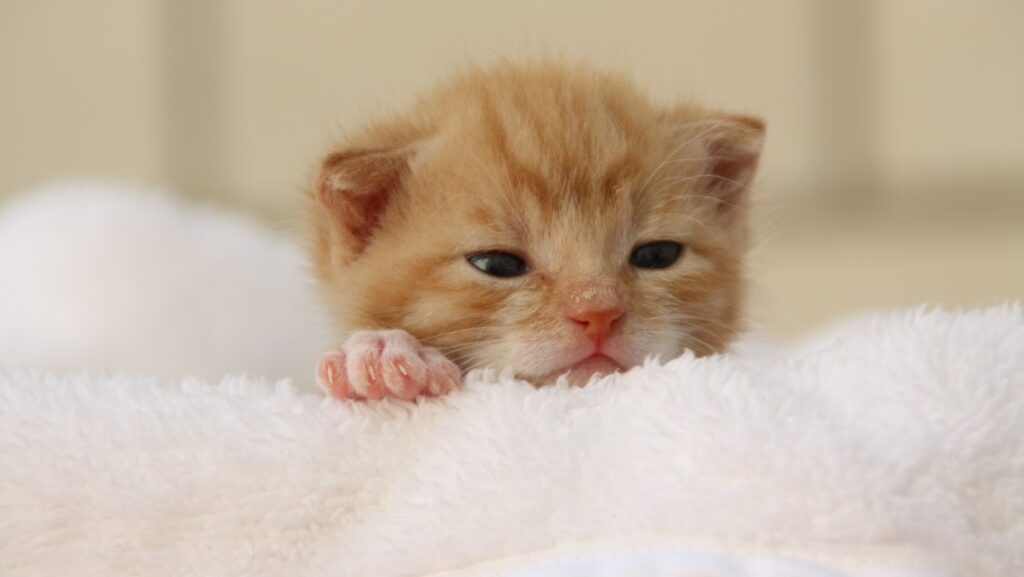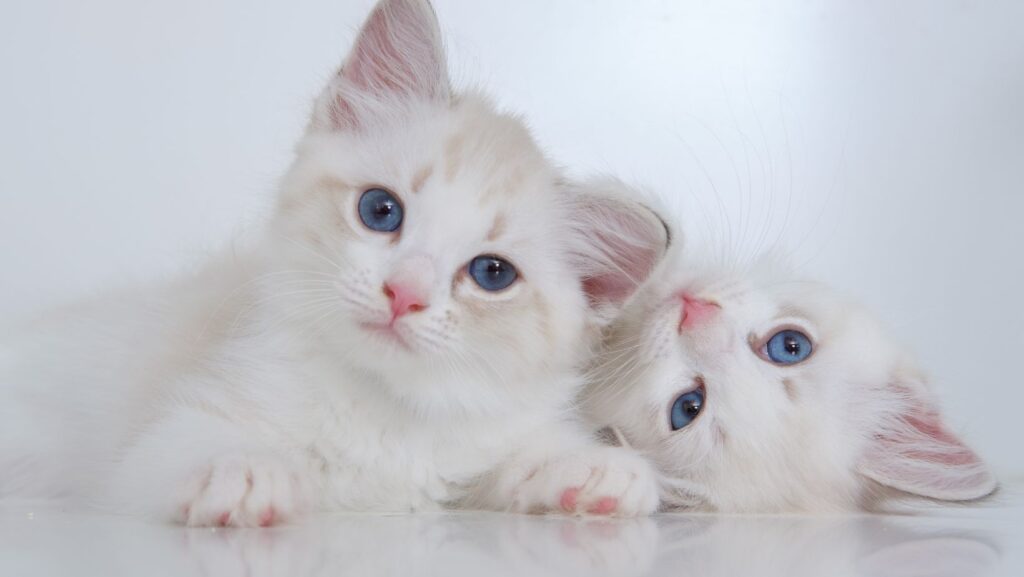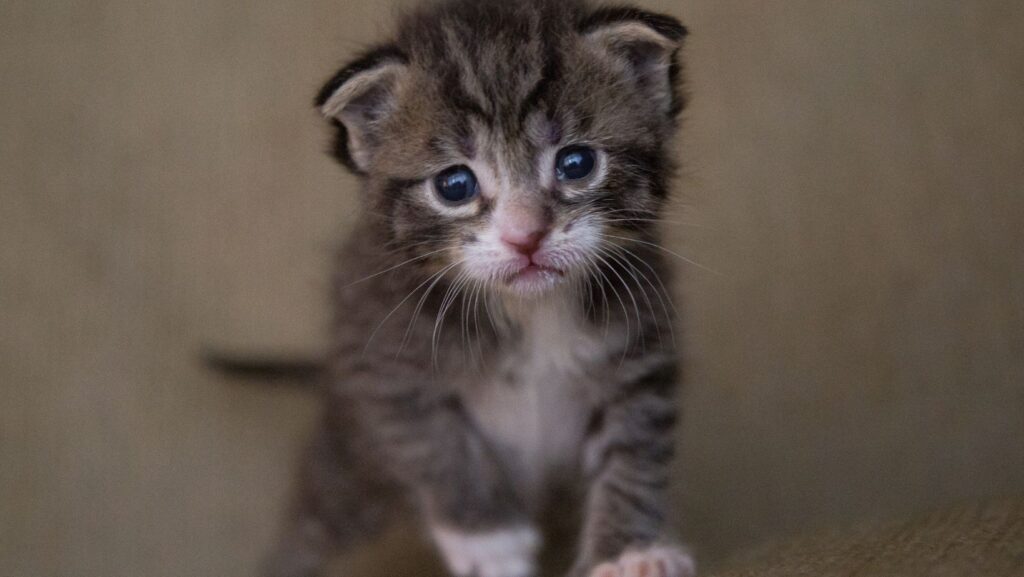Small:fs4erx8asx4= Kittens

Small kittens have a way of capturing hearts with their playful antics and irresistible charm. These tiny furballs not only bring joy to any household but also come with a bundle of responsibilities. From their curious exploration of the world to their soft purring, kittens provide endless entertainment and companionship.
Understanding the needs of small kittens is essential for their healthy growth and development. They require proper nutrition, socialization, and a safe environment to thrive. Whether you’re a seasoned cat owner or a first-time pet parent, knowing how to care for these little creatures ensures they grow into happy, well-adjusted cats.
The journey of raising a kitten is filled with delightful moments and learning experiences. As they grow, they develop unique personalities and form strong bonds with their human companions. By providing the right care and attention, anyone can enjoy the rewarding experience of nurturing these adorable bundles of joy.
Understanding Small Kittens
Small kittens, often just weeks old, display high energy and curiosity. They explore their surroundings with eager intent, learning essential survival and social skills. Guardians should monitor their environment to ensure safety during this exploratory phase.

Kittens rely heavily on their mother’s milk in the early weeks. If orphaned or separated, they need a nutrient-rich milk replacement formula designed for kittens. Proper nutrition supports their rapid growth and development.
Socialization is crucial during these formative weeks. Interactions with humans and other animals help kittens adapt to various social environments. It fosters trust and confidence, reducing fear and aggression later in life.
Observing health is vital for young kittens. They can be vulnerable to illnesses and require regular veterinary check-ups and vaccinations. Keeping their living space clean minimizes the risk of infections.
A safe and stimulating environment allows healthy development. Providing toys and gentle interaction promotes mental and physical growth. Kittens thrive in spaces free from hazards like small objects and open wires.
Characteristics Of Small Kittens
Small kittens captivate with their unique traits and behaviors. These young felines exhibit distinct physical and behavioral characteristics that adapt as they grow.
Physical Traits
Small kittens typically weigh between 2-12 ounces during the initial weeks. Their soft fur varies in color and pattern, and their eyes, often blue initially, usually change with age. Their tiny, delicate paws and proportionally large heads make them endearing. While their ears are folded at birth, they gradually perk up. Sharp, small claws help in climbing and exploration. Their senses of sight and hearing develop rapidly, although vision and coordination are limited in the first few weeks.
Behavioral Traits
Small kittens are known for their high energy and playfulness. They frequently engage in activities like pouncing, chasing, and batting objects, which help hone motor skills. Curiosity drives them to explore environments actively, gradually developing spatial awareness. Social bonds form as they interact with littermates and caretakers, and they begin to learn crucial behaviors through mimicry. Vocalizations such as meows, purrs, and hisses serve as communication tools, indicating needs and emotions. Socialization during this stage is essential for developing well-rounded adult cats.
Caring For Small Kittens
Care for small kittens involves understanding their specific needs, particularly when it comes to feeding, health, and socialization. These essential aspects ensure they grow into healthy and well-adjusted cats.
Small kittens require a carefully planned diet. Up to four weeks, they primarily consume their mother’s milk or a specialized milk replacer for orphans. From four to eight weeks, introduce wet kitten food gradually while continuing milk feedings to ensure nutritional balance. After eight weeks, most kittens transition to high-quality kitten food. Adequate hydration is crucial, so fresh water should always be available alongside their meals.

Small kittens benefit from regular veterinary care to monitor their health. Core vaccinations start at about six to eight weeks, protecting against diseases such as feline distemper and respiratory infections. Scheduled veterinary visits help track growth, detect early signs of illness, and discuss necessary deworming treatments. Kittens are susceptible to parasites and need preventive measures to maintain their health.
Socialization from an early age encourages positive future behaviors. Interaction with humans and other pets should be gentle and frequent. Short, playful sessions build trust and confidence. Introduce various sounds and environments to minimize future anxiety. Handling kittens carefully, using treats as positive reinforcement, and exposing them to different textures prepare them for diverse situations as they grow.
